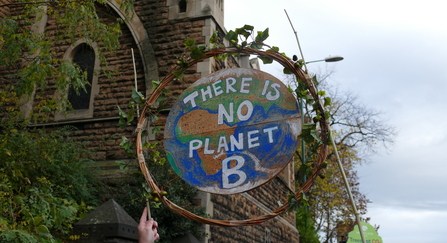Next week the new UK Government comes under scrutiny on the international stage when it demonstrates how it intends to meet global commitments to reverse nature loss back home. UK progress is non-existent – actually regressing since global targets were set two years ago – and this will be a challenge for new ministers at this first stock-take.
The occasion is the sixteenth meeting of the Conference of the Parties (COP 16) to the Convention on Biological Diversity which runs from Monday 21st October to Friday 1st November 2024 in Colombia. The upcoming summit will be the first opportunity for the world to measure progress towards the global nature goals agreed in December 2022.


